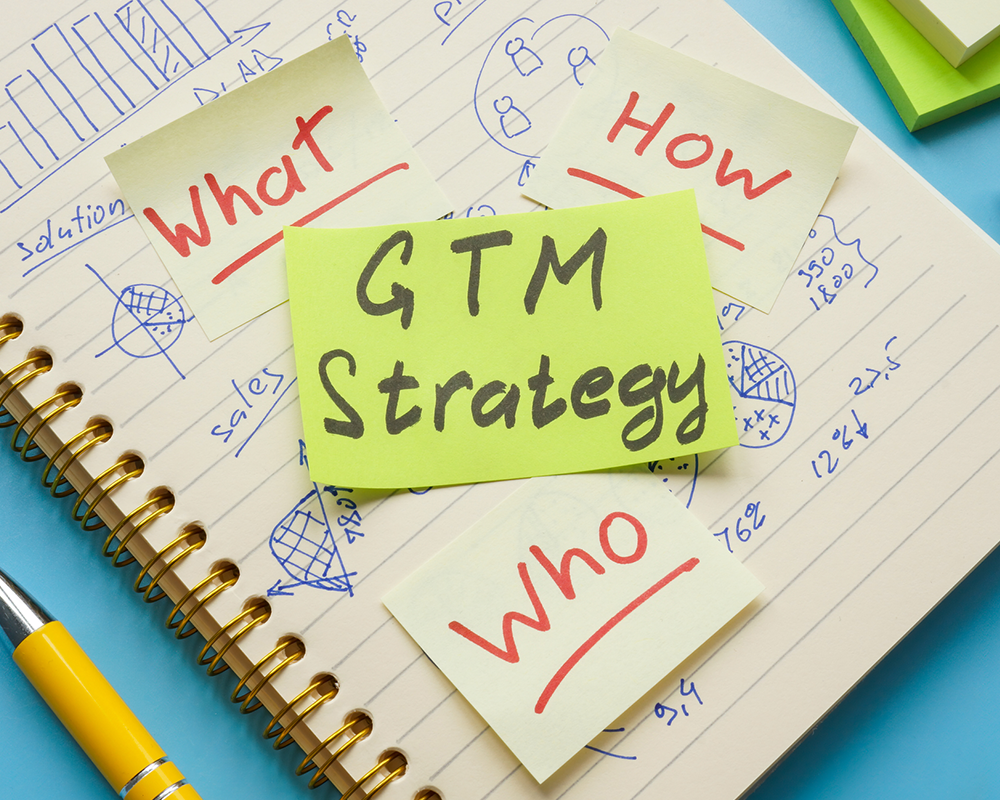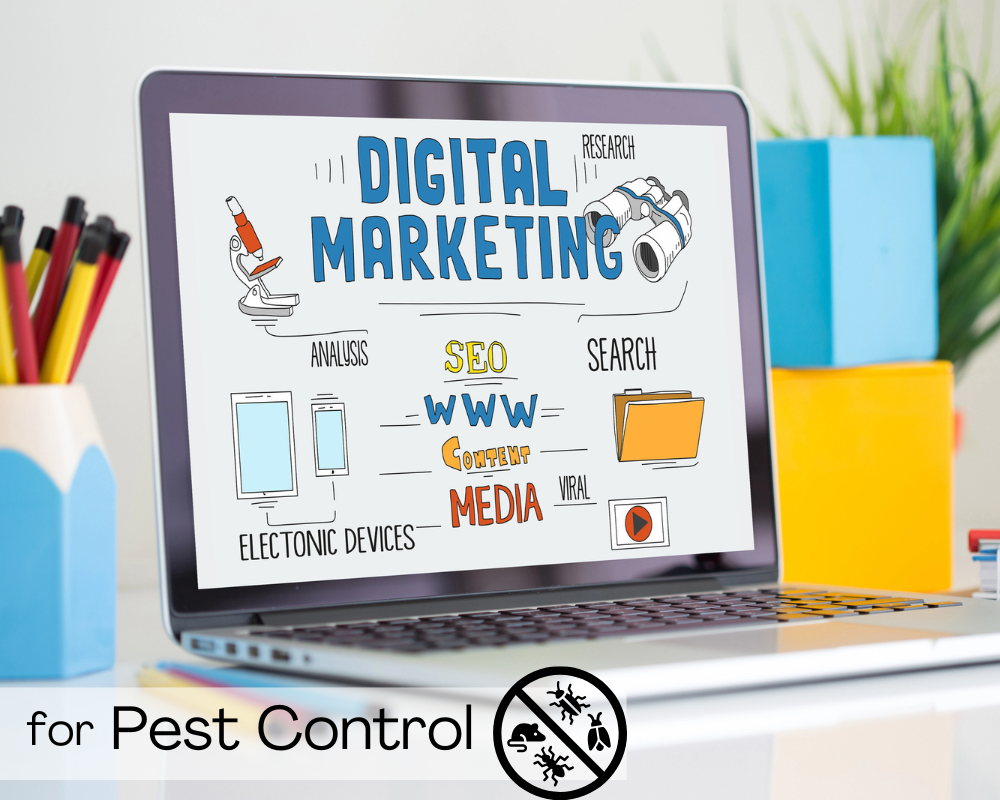What is a Go-To-Market (GTM) Strategy?

When launching a new product or service, you need a go-to-market strategy to maximize your success. Just what is a go-to-market (GTM) strategy? Let us explain …
These days, having a remarkable product or service isn't enough on its own to guarantee your success. In order to thrive in a competitive market, you need a well-defined plan that ensures your offerings reach the right audience at the right time.
This is where a GTM strategy comes into play.
What is a Go-To-Market (GTM) Strategy?
A GTM strategy is a comprehensive plan that outlines how a company will bring its products or services to market effectively and efficiently. It's a roadmap that encompasses all the key elements necessary for a successful product launch or market entry.
A well-crafted GTM strategy considers product positioning, target audience, marketing channels, pricing, sales approach, and competitive analysis, among other crucial factors.
For example, your GTM strategy should include your unique selling proposition as well as tactics for lead generation and customer retention.
Who Needs a GTM Strategy?
There are a number of cases where you may utilize a GTM strategy. Here are a few examples:
- Startups — Startups are often faced with the challenge of building brand awareness from scratch. A GTM strategy helps you identify your niche market, establish a strong presence, and create a buzz around their innovative solutions.
- Established Companies Launching New Products — Even established companies can struggle when introducing new products or entering new markets. A GTM strategy ensures that you don't rely solely on your existing brand reputation and instead tailor your approach to the unique demands of the new venture.
- Companies Facing Increased Competition — Companies facing heightened competition benefit from a GTM strategy that helps them differentiate their offerings and retain customer loyalty.
- Companies Expanding Globally — Expanding into new regions or international markets requires careful planning. A GTM strategy takes into account cultural differences, market dynamics, and local regulations to ensure a smooth transition.
When is the Right Time for a GTM Strategy?
Ideally, a GTM strategy should be developed before launching a product or entering a new market. However, it's never too late to create one. Here are some key moments when you should consider crafting or revisiting your GTM strategy:
- Product Development Phase. Start planning your GTM strategy during the product development phase. This allows you to align product features with market needs and messaging.
- Before a Major Product Update. If you're releasing significant updates to an existing product, reevaluate your GTM strategy to highlight these improvements effectively.
- Entering New Markets. Prior to entering a new market, whether it's geographic or demographic, a well-thought-out GTM strategy is crucial for a successful launch.
- Reacting to Market Changes. When market conditions change, such as shifts in consumer behavior or industry disruptions, it's essential to adapt your GTM strategy accordingly.
Benefits of Having a GTM Strategy in Place
The benefits of having a GTM strategy in place include but are not limited to the following:
Clarity and Focus: A GTM strategy provides a clear roadmap, ensuring that everyone in your organization understands the goals, target audience, and messaging. This alignment enhances productivity and reduces the risk of miscommunication.
Efficiency: With a defined strategy in place, you can allocate resources more efficiently. This includes budgeting for marketing campaigns, selecting the most appropriate channels, and optimizing your sales processes.
Market Understanding: Through thorough research and analysis, a GTM strategy helps you gain a deep understanding of your target market. This knowledge allows you to tailor your product and messaging to meet specific needs and preferences.
Competitive Advantage: By analyzing your competitors and market trends, you can identify gaps and opportunities. This competitive intelligence enables you to position your product or service effectively.
Risk Mitigation: A well-structured GTM strategy includes risk assessments and mitigation plans. This proactive approach helps you anticipate and address potential challenges before they become major issues.
Measurable Results: A GTM strategy helps you define key performance indicators (KPIs) that allow you to track the success of your efforts. This data-driven approach enables you to make informed decisions and adjust your strategy as needed.
Get Expert Help with Your GTM Strategy
Developing and implementing a GTM strategy is a complex and multifaceted process that requires expertise in various areas, including market research, digital marketing, and sales optimization.
Here's why it's smart to collaborate on your GTM strategy with a digital marketing agency:
- Specialized Expertise: Digital marketing agencies have specialists in various fields, from SEO and content marketing to social media and pay-per-click advertising. They bring a wealth of knowledge and experience to the table.
- Market Research: Agencies have access to advanced market research tools and methodologies. (Such as Buyer Personas and Customer Journey Maps). They can provide valuable insights into your target audience and market trends that may not be readily available in-house.
- Efficiency: Agencies can streamline the GTM process, ensuring that tasks are executed promptly and effectively. This saves your team time and resources, allowing you to focus on other critical aspects of your business.
- Creative Campaigns: Digital marketing agencies excel in creating innovative and impactful marketing campaigns. Their creative teams can develop compelling content and messaging that resonates with your audience.
- Measurable Results: Agencies are well-versed in tracking and analyzing data to measure campaign performance accurately. They provide you with detailed reports and insights that help you refine your strategy.
- Scalability: Whether you're a startup or a large corporation, digital marketing agencies can scale their services to meet your needs. This flexibility ensures that your GTM strategy adapts as your business grows.
- Revenue Operations: The right digital marketing partner can help you improve Revops by leveraging a CRM like Hubspot to improve your sales, marketing, and customer service processes to improve the overall customer experience.
WorldLight Media has helped numerous clients develop and implement successful GTM strategies. Our goal is to help good companies grow faster, and we want to help you, too.
We invite you to get in touch to talk more in-depth about a GTM strategy that will bolster your success. Call us at (559) 9-DESIGN, or you can click here to use our convenient online form to ask for more information.







